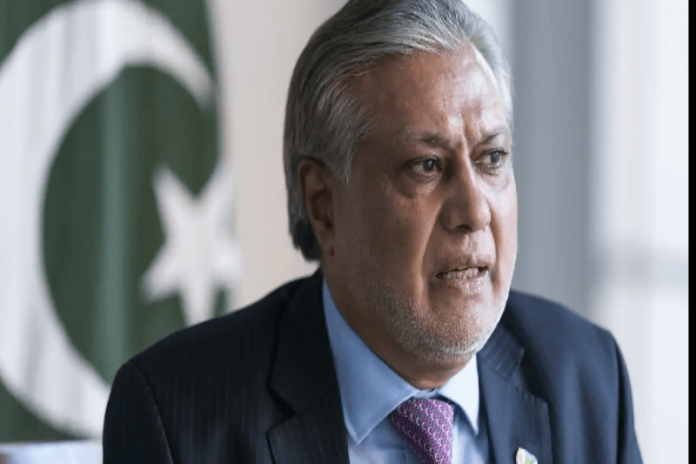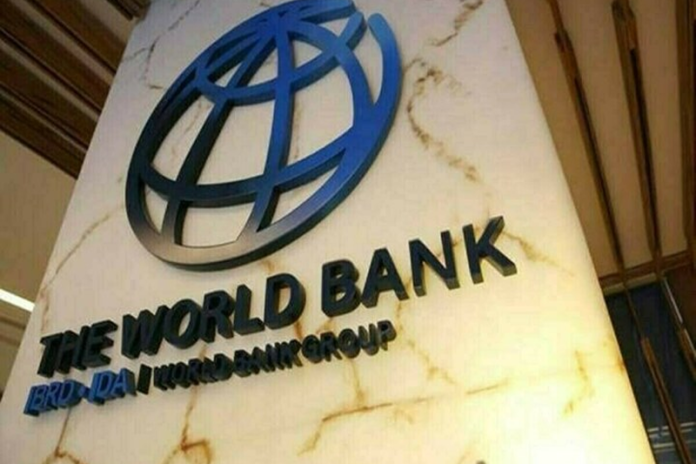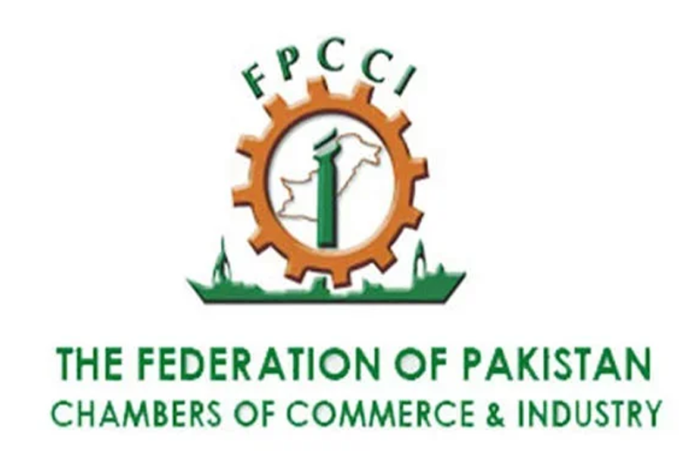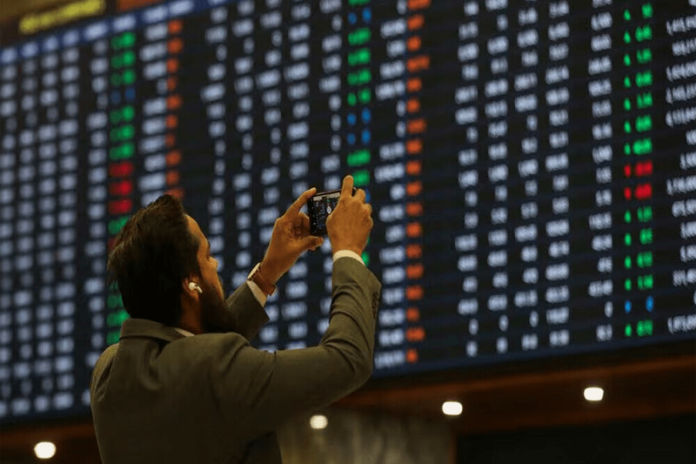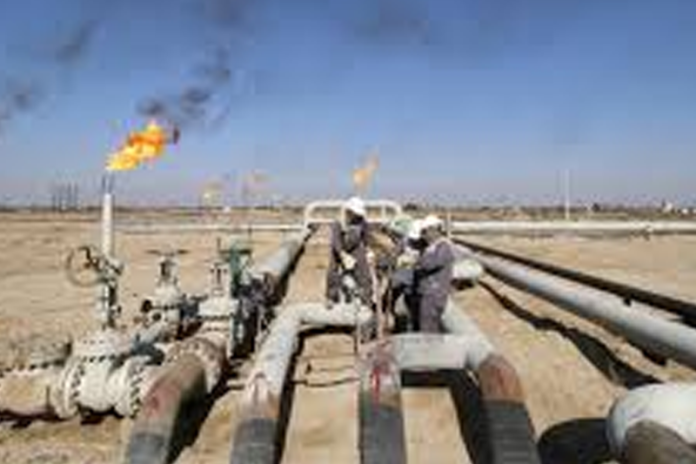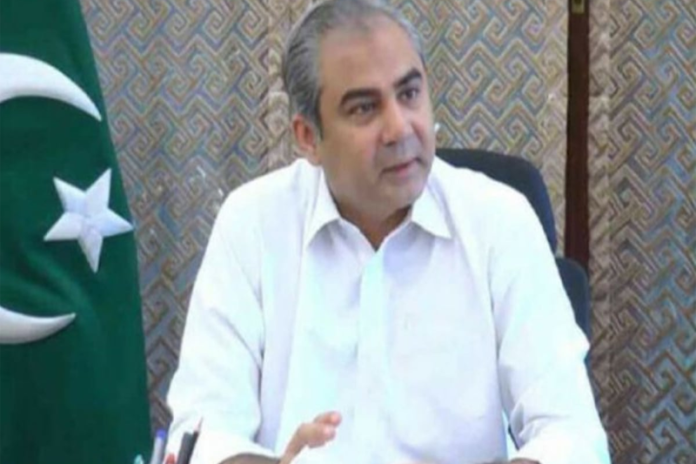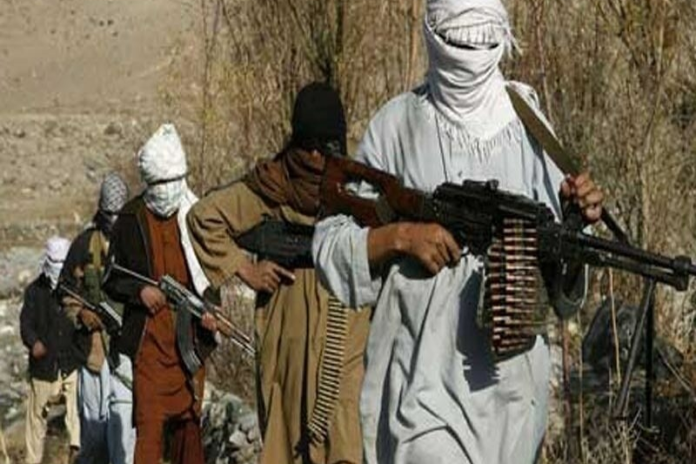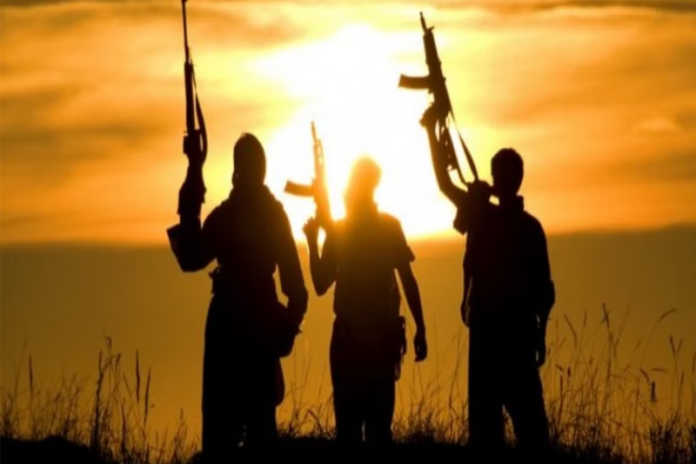Karachi's Cultural Renaissance: Embracing Heritage and Arts
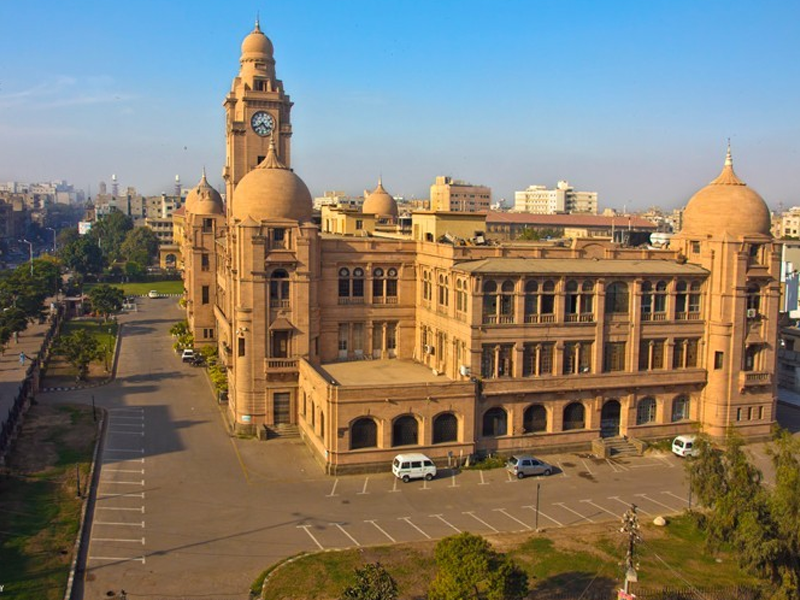
- 237
- 0
Karachi, Pakistan's bustling metropolis and economic hub, is not only a melting pot of diverse ethnicities and languages but also a city rich in cultural heritage and artistic traditions.
In recent years, there has been a noticeable surge in initiatives and events aimed at promoting and reviving Karachi's cultural identity, celebrating its history, and nurturing its artistic talents. Preservation of Cultural Heritage: One of the key aspects of Karachi's cultural revival is the preservation of its rich heritage. Organizations and individuals have been actively involved in documenting and safeguarding historical sites, traditional crafts, music, and performing arts that are integral to the city's identity. Efforts to restore and maintain landmarks such as Mohatta Palace, Frere Hall, and the Empress Market highlight the city's commitment to preserving its architectural and cultural legacy. Promotion of Arts and Crafts: Artists, artisans, and craftsmen play a vital role in Karachi's cultural landscape.
Various platforms and organizations have emerged to support local artists and promote traditional crafts such as pottery, textile weaving, and woodwork. Art galleries and exhibitions regularly showcase the works of Karachi-based painters, sculptors, photographers, and calligraphers, providing them with exposure and recognition both locally and internationally. Cultural Festivals and Events: Karachi has become a hub for cultural festivals and events that celebrate its diversity and creativity. The Karachi Literature Festival (KLF), Karachi Biennale, and Karachi Eat Festival are prominent examples that attract participants and visitors from across Pakistan and beyond.
These events not only showcase literature, visual arts, and culinary delights but also serve as platforms for dialogue, exchange of ideas, and cultural diplomacy. Revitalization of Performing Arts: The performing arts scene in Karachi has witnessed a revival with the emergence of theaters, music festivals, and dance performances. The National Academy of Performing Arts (NAPA) has been instrumental in training aspiring actors, musicians, and dancers, while theaters such as Arts Council Karachi and Karachi Arts Council continue to host plays, musical concerts, and dance recitals that reflect Karachi's cultural diversity and artistic expression. Community Engagement and Outreach: Community-based initiatives play a crucial role in Karachi's cultural revival by engaging local residents and fostering a sense of pride in their cultural heritage. Workshops, seminars, and cultural exchanges organized in collaboration with educational institutions and civil society organizations promote awareness and appreciation of Karachi's diverse cultural traditions among the younger generation.
Challenges and Opportunities: Despite the positive developments in Karachi's cultural sphere, challenges such as urbanization, environmental degradation, and socio-political instability pose threats to the preservation and promotion of its cultural heritage. However, the resilience and creativity of Karachi's artists, cultural activists, and community leaders continue to present opportunities for innovation, collaboration, and sustainable development in the cultural sector. In conclusion, Karachi's cultural revival is a testament to the city's dynamic spirit and resilience in the face of challenges. Through initiatives promoting cultural heritage, arts, and community engagement, Karachi not only celebrates its past but also embraces its future as a vibrant center of creativity and diversity in Pakistan. As Karachi evolves, its cultural identity remains a beacon of pride and inspiration, reflecting the collective efforts of its people to preserve, promote, and revitalize their rich heritage for generations to come.














